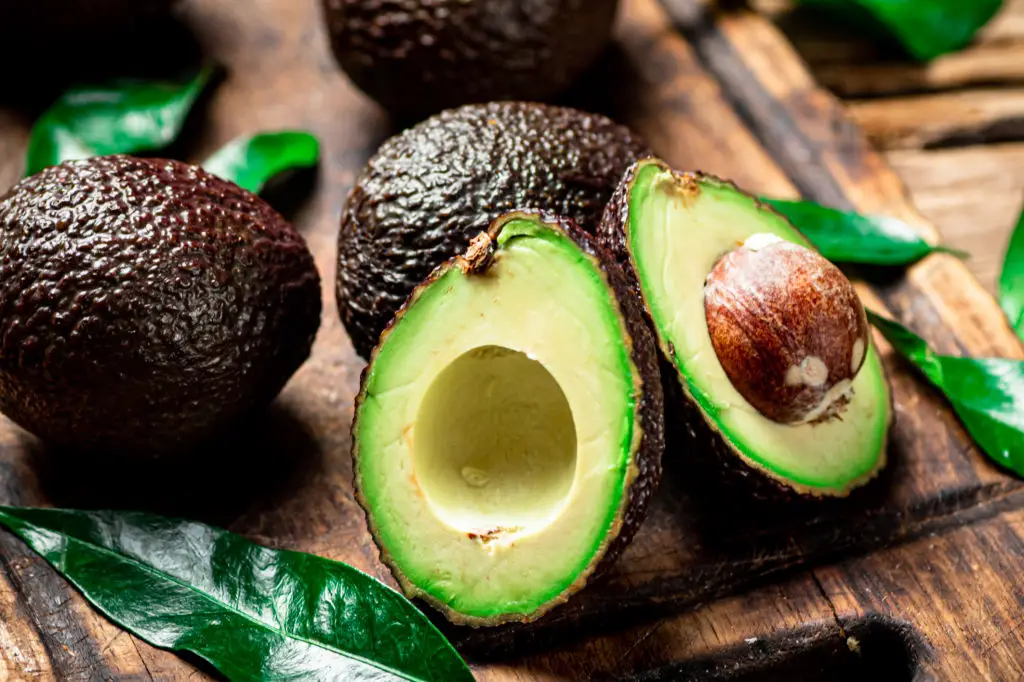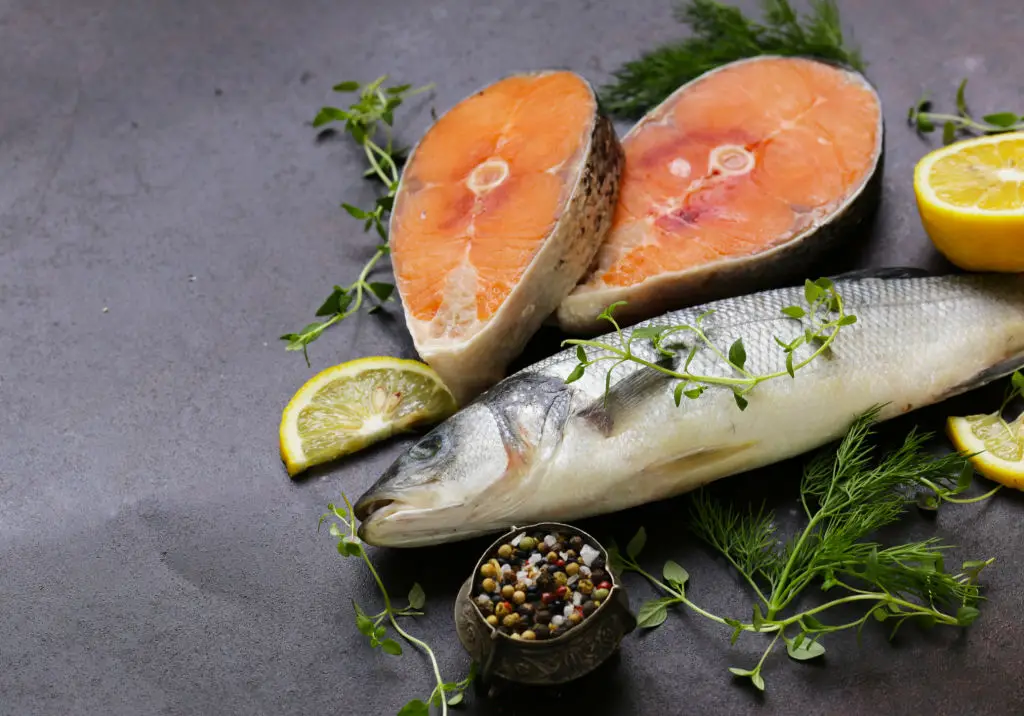11 'Forbidden' High-Fat Foods Your Heart Secretly Loves
Cholesterol confusion is everywhere: one headline vilifies fat, the next praises it. If that makes you want to throw up your hands, you’re not alone. The truth is more useful than the headlines—some high-fat foods have nutrients that support heart health when they replace ultra-processed fare or excess saturated fat. Researchers and clinicians now emphasize the source of fat. For example, the American Heart Association recommends limiting saturated fat to roughly 13 grams on a 2,000-calorie day, and a single tablespoon of butter already carries about seven grams. That kind of detail matters because it shows how food choices fit into a whole day, not as moral victories or failures. This list looks beyond blanket labels and highlights 11 high-fat whole foods that can belong on a heart-minded plate. For each one you’ll get why it helps the heart, easy ways to enjoy it, and sensible cautions for portion control or special situations. Think of this as a practical guide for swapping and upgrading your usual choices—small changes that nudge lipids, inflammation, and overall well-being in a better direction. No strict rules, just real-food options you can use in everyday life.
1. Avocados

Avocados are a creamy, satisfying source of monounsaturated fat—mainly oleic acid—that can help improve cholesterol numbers when they replace saturated fats. They also bring fiber, potassium, vitamin E, and plant sterols, which all support heart-friendly eating. Instead of slathering butter on toast, try mashed avocado with lemon and a sprinkle of pepper for a similar, more nutritious mouthfeel. A typical serving is about half a medium avocado; that offers healthy fat and fiber without going overboard on calories for the day. For people watching calories, combine avocado with high-fiber vegetables or whole-grain toast to stretch the serving. Avocado works well in smoothies, salads, and dressings; its fat also helps your body absorb fat-soluble vitamins from vegetables. If you’re on a sodium-restricted plan, skip heavily salted toppings. And if you have a history of pancreatitis or specific digestive issues, discuss higher-fat foods with your clinician. Most people find avocados a practical, heart-helpful swap for less healthy spreads.
2. Fatty Fish (salmon, mackerel, sardines)

Fatty fish like salmon, mackerel and sardines are among the most reliably heart-helpful high-fat foods because they supply long-chain omega-3s (EPA and DHA). These fats support healthy triglyceride levels and have favorable effects on blood vessel function and inflammation, especially when consumed regularly as part of a balanced eating pattern. Aim for about two servings per week of fatty fish, which can be fresh, frozen, or canned in water or olive oil. Canned sardines offer the extra bonus of edible bones, which provide calcium and make them a softer option for older adults who prefer gentler textures. Prepare fish simply—bake, grill, or poach—and pair it with vegetables and whole grains. For those on blood-thinning medications or with specific medical conditions, check with your provider about higher seafood intake. Also be mindful of mercury with some larger species; choosing a variety of low-mercury fatty fish helps you get the benefits with minimal risk.
